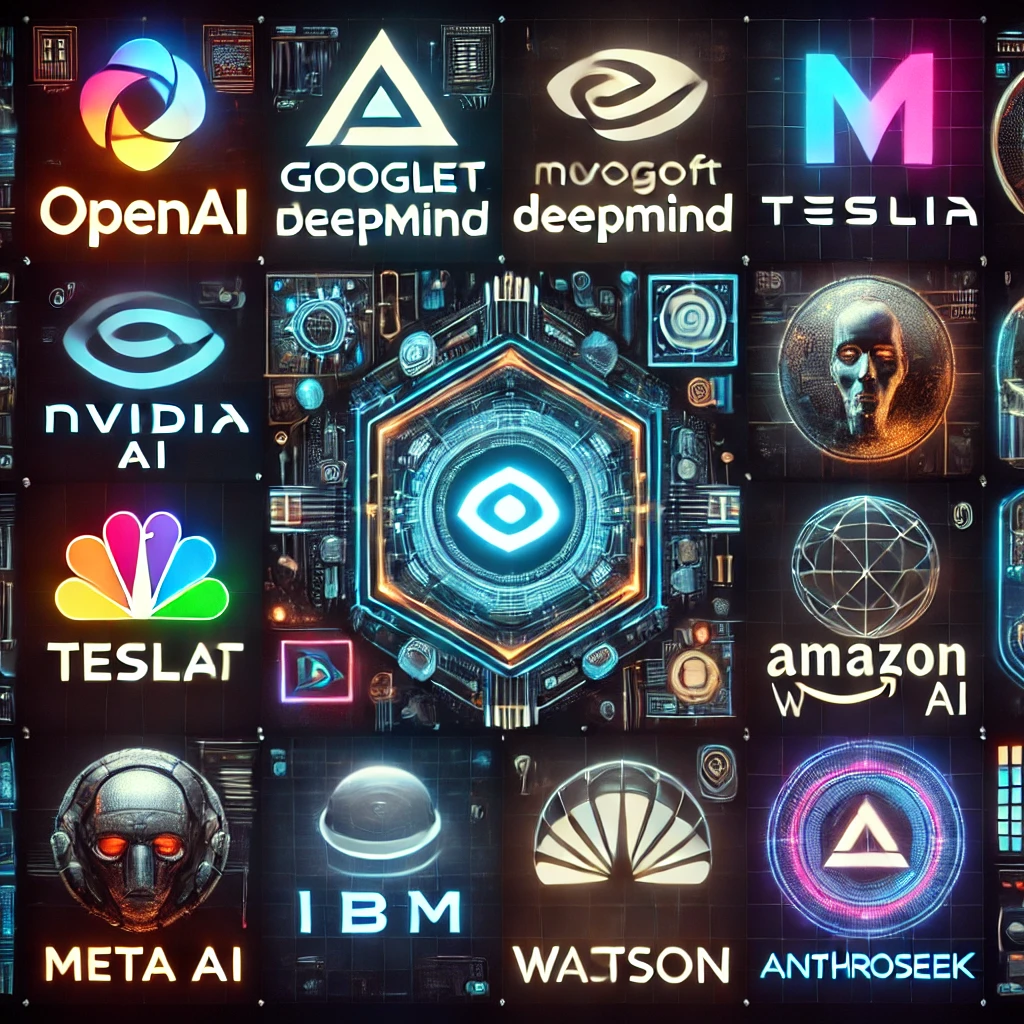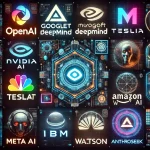The AI industry is evolving rapidly, with the Top 10 AI Companies in 2025 leading the way in innovation and cutting-edge research. From natural language processing and self-driving technology to healthcare and quantum computing, these industry giants are shaping the future of AI.
Artificial intelligence (AI) is no longer a futuristic concept—it is now a critical force driving progress across multiple industries. Businesses are adopting AI-driven solutions to enhance efficiency, governments are introducing policies to regulate AI development, and researchers are pushing the boundaries of what machines can achieve.
With increasing competition, these AI powerhouses are not only investing heavily in technological advancements but also addressing ethical challenges, ensuring AI is developed responsibly. In this article, we explore the Top 10 AI Companies in 2025, their innovations, and how they are revolutionizing the world of artificial intelligence.
Top 10 AI Companies in 2025: Who’s Leading the Future?
1.OpenAI
Core Technologies: Natural Language Processing (NLP), Deep Learning
Key Products: ChatGPT, DALL·E, Codex
Strengths: OpenAI is at the forefront of generative AI, with groundbreaking products like ChatGPT and DALL·E, widely used in content creation, programming, and customer service.
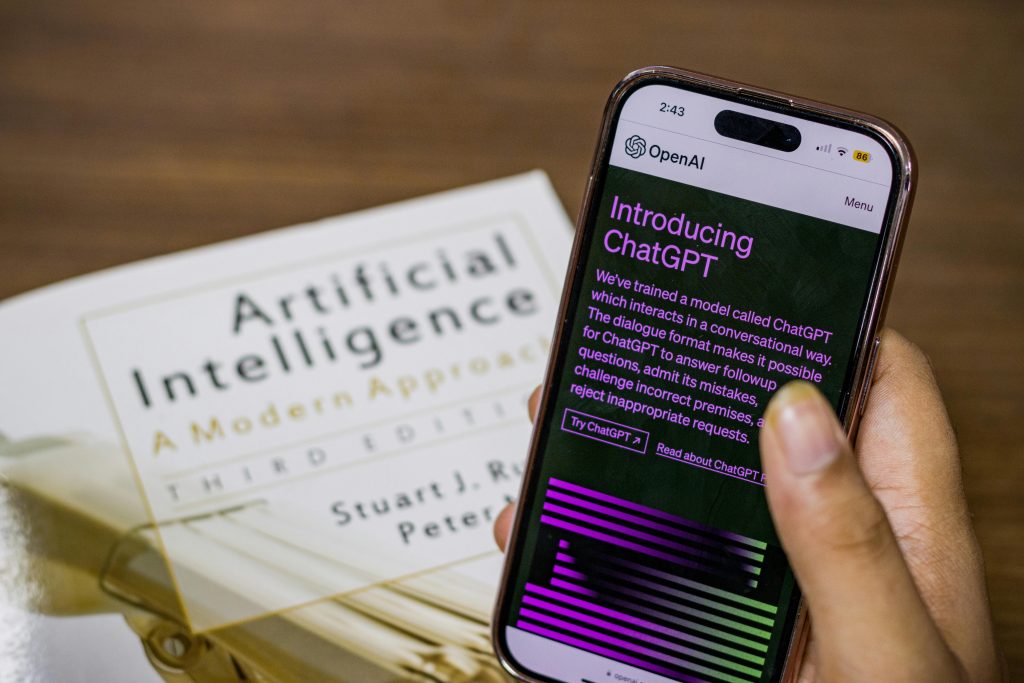
2.Google DeepMind
Core Technologies: Reinforcement Learning, Protein Folding AI, AGI Research
Key Products: AlphaGo, AlphaFold, Gemini
Strengths: DeepMind is a leader in AI research, particularly in reinforcement learning and protein structure prediction, revolutionizing drug discovery and scientific research.
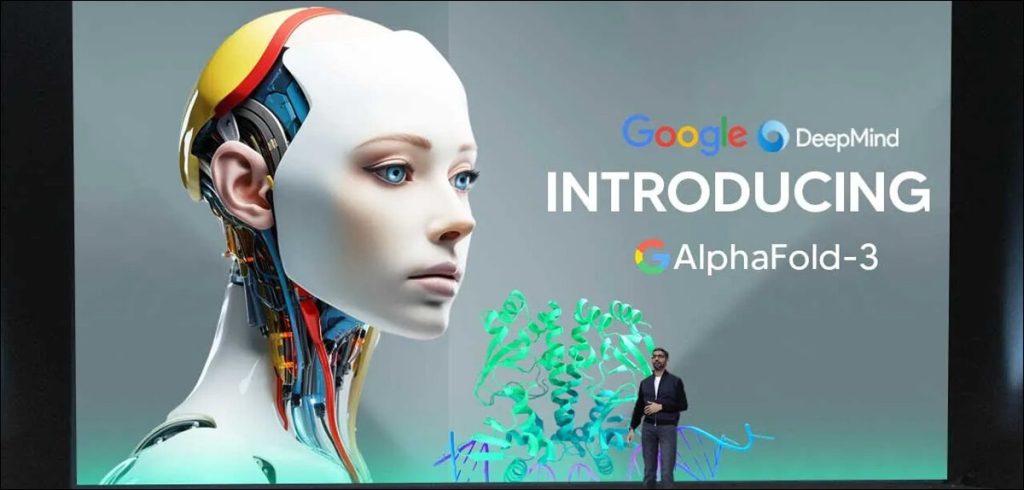
Image Source: DeepMind
3.NVIDIA
Core Technologies: AI-accelerated Hardware, Deep Learning Platforms
Key Products: CUDA, RTX AI GPUs, DGX AI Servers
Strengths: NVIDIA provides the essential computing power for AI development, with its GPUs powering AI training, self-driving technology, and supercomputing applications.
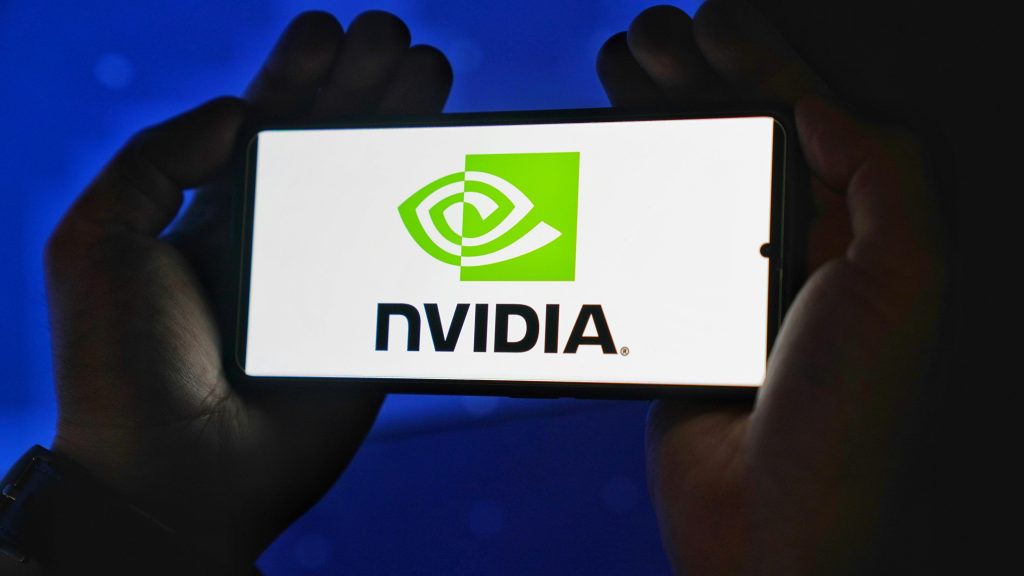
4.Microsoft AI
Core Technologies: Cloud AI, Generative AI, Enterprise AI
Key Products: Azure AI, Copilot, Turing-NLG
Strengths: Microsoft integrates AI deeply into its ecosystem, offering AI-powered tools for enterprises, developers, and consumers through Azure, Office, and GitHub.
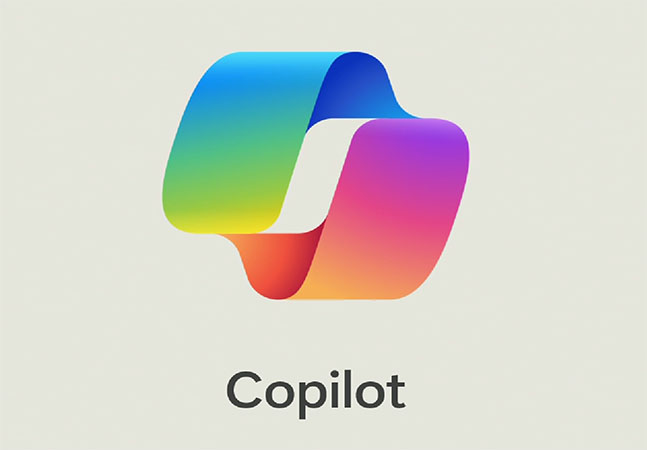
Image Source: Wikimedia Commons
5.Tesla AI
Core Technologies: Autonomous Driving, Robotics, AI in Electric Vehicles
Key Products: Full Self-Driving (FSD), Optimus Robot, Dojo AI Supercomputer
Strengths: Tesla’s AI is primarily focused on self-driving technology, with growing applications in robotics and energy management.
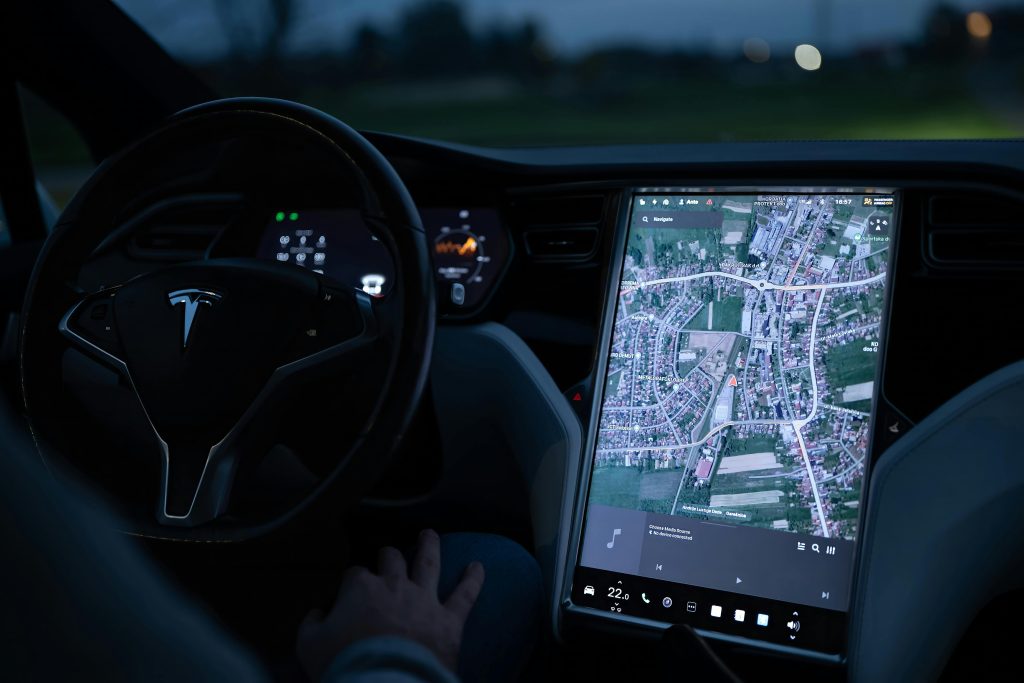
6.Amazon AI
Core Technologies: Smart Assistants, Cloud AI, Personalized Recommendations
Key Products: Alexa, AWS AI Services, Amazon Bedrock
Strengths: Amazon’s AI is widely used in voice assistants, personalized shopping experiences, and cloud-based AI computing through AWS.

7.Meta AI (Facebook AI)
Core Technologies: Computer Vision, AI for the Metaverse, Large Language Models
Key Products: Llama 3, Meta Reality Labs, AI-generated Content
Strengths: Meta focuses on AI applications in the metaverse, virtual reality, and AI-generated content, making its Llama models key players in the AI landscape.

8.IBM Watson
Core Technologies: Enterprise AI, AI for Healthcare, Quantum AI
Key Products: Watson AI, IBM Cloud AI, AI-Quantum Computing Integration
Strengths: IBM Watson specializes in AI for enterprise solutions and healthcare, providing data-driven decision-making tools.
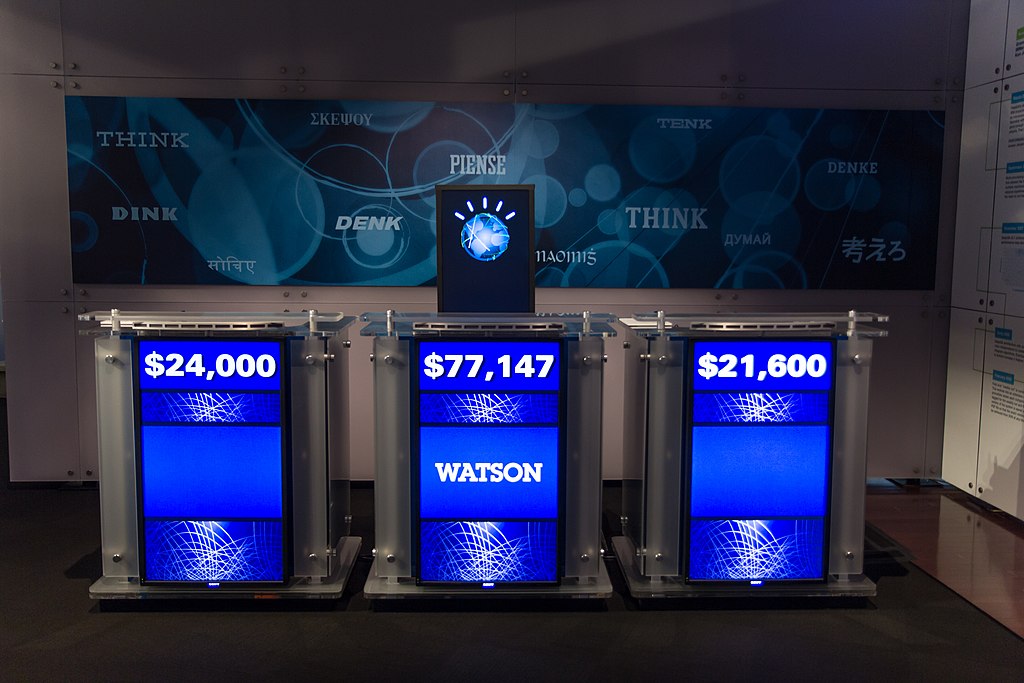
Image Source: Wikimedia Commons
9.DeepSeek
Core Technologies: Open-source AI, AI for Programming
Key Products: DeepSeek Coder, DeepSeek V2
Strengths: As a major player in Asia’s AI industry, DeepSeek has developed powerful open-source AI models, particularly excelling in AI-driven programming.

10.Anthropic
Core Technologies: AI Alignment, Safe AI, Large Language Models
Key Products: Claude 3
Strengths: Anthropic focuses on building safer and more aligned AI models, with its Claude series emerging as a strong competitor to OpenAI’s ChatGPT.
The Future of AI: What’s Next?
AI is rapidly shaping industries, from autonomous driving to healthcare diagnostics and AI-generated content. The Top 10 AI Companies in 2025 are leading these advancements, pushing the boundaries of innovation. As we move forward, AI will increasingly merge with technologies like quantum computing and biotechnology, unlocking new frontiers of innovation.
However, with AI’s growing influence comes ethical concerns and regulatory challenges. The Top 10 AI Companies in 2025 must navigate these complexities while ensuring responsible AI governance. The key to sustainable AI development lies in balancing technological advancements with ethical considerations and regulatory frameworks.
What do you think about the future of AI and the impact of Top AI companies in 2025? Will industry leaders like OpenAI, DeepMind, and Tesla AI drive progress, or does the rise of artificial intelligence pose potential risks? As AI continues to transform industries, its role in finance & investment is becoming increasingly significant. Many investors are eyeing AI-driven companies as potential high-growth opportunities. Are you considering AI stocks as part of your investment strategy? Share your thoughts in the comments!
